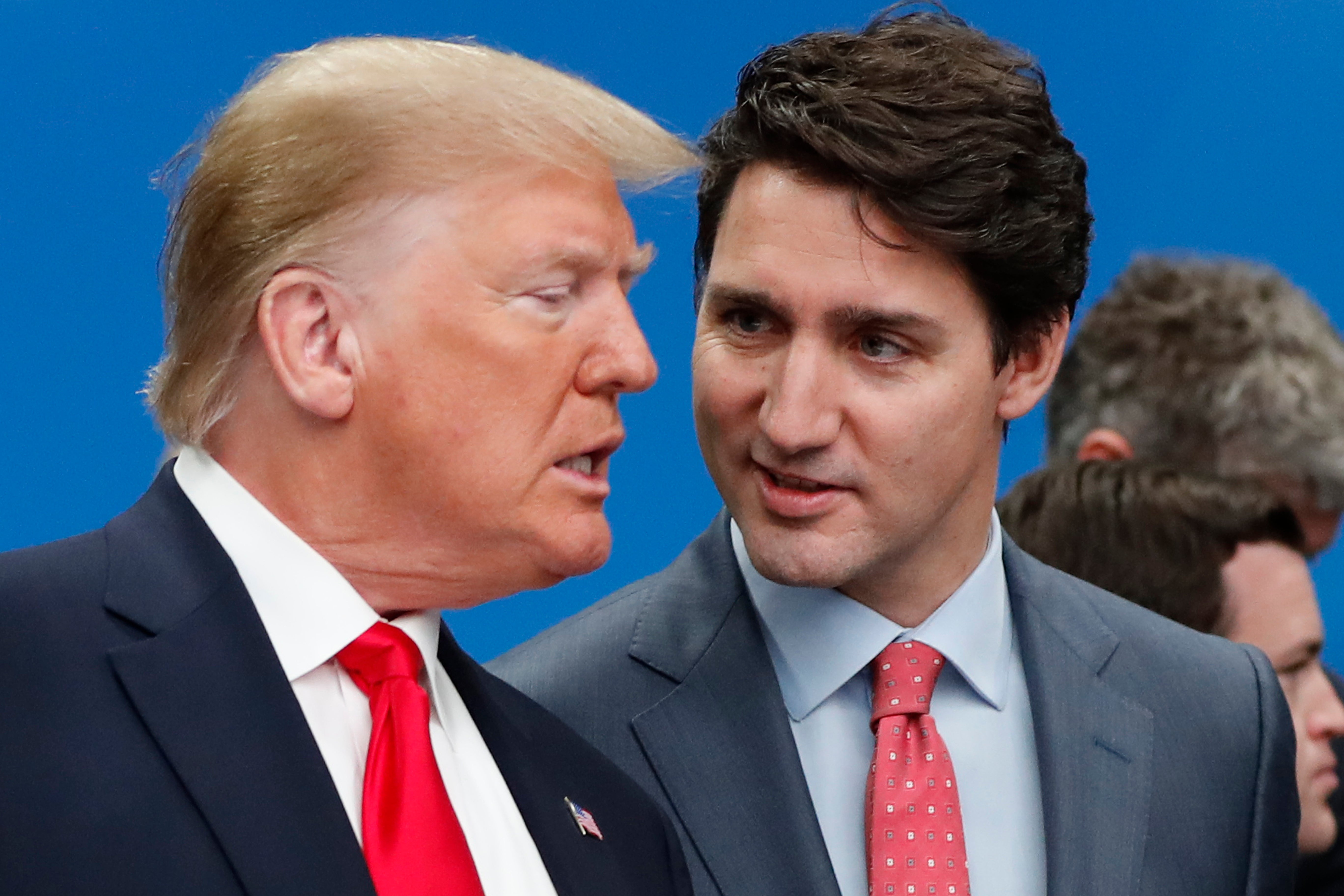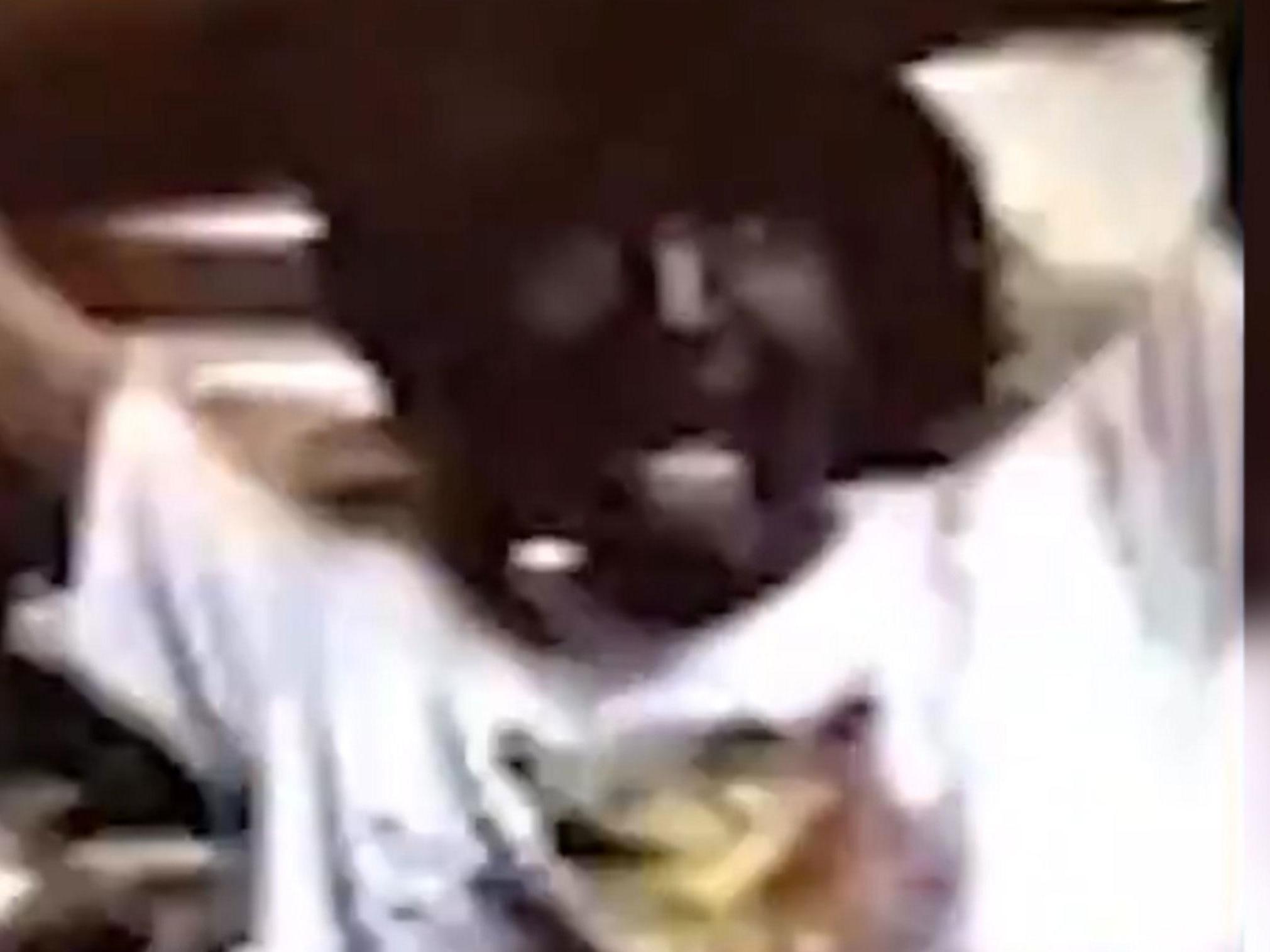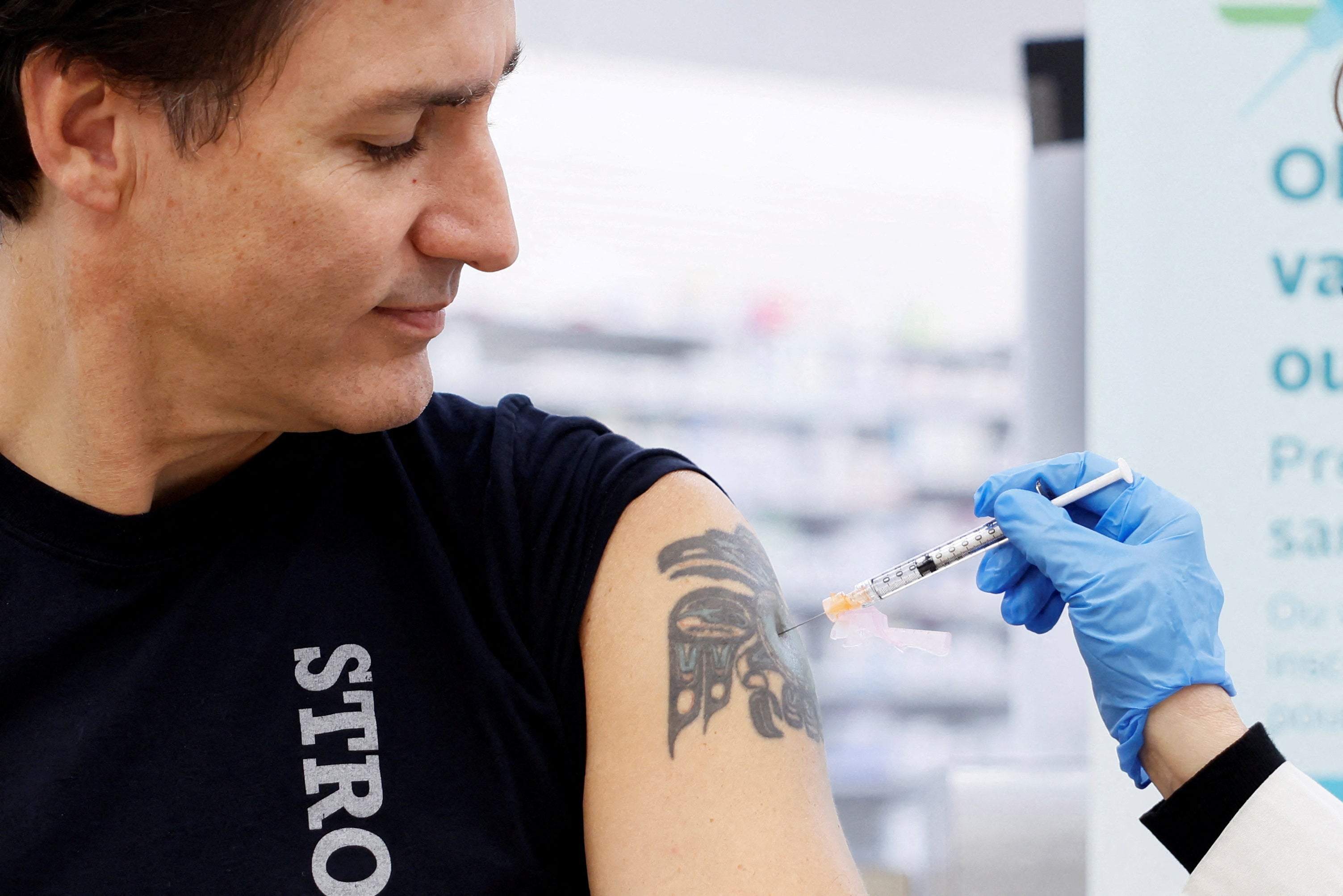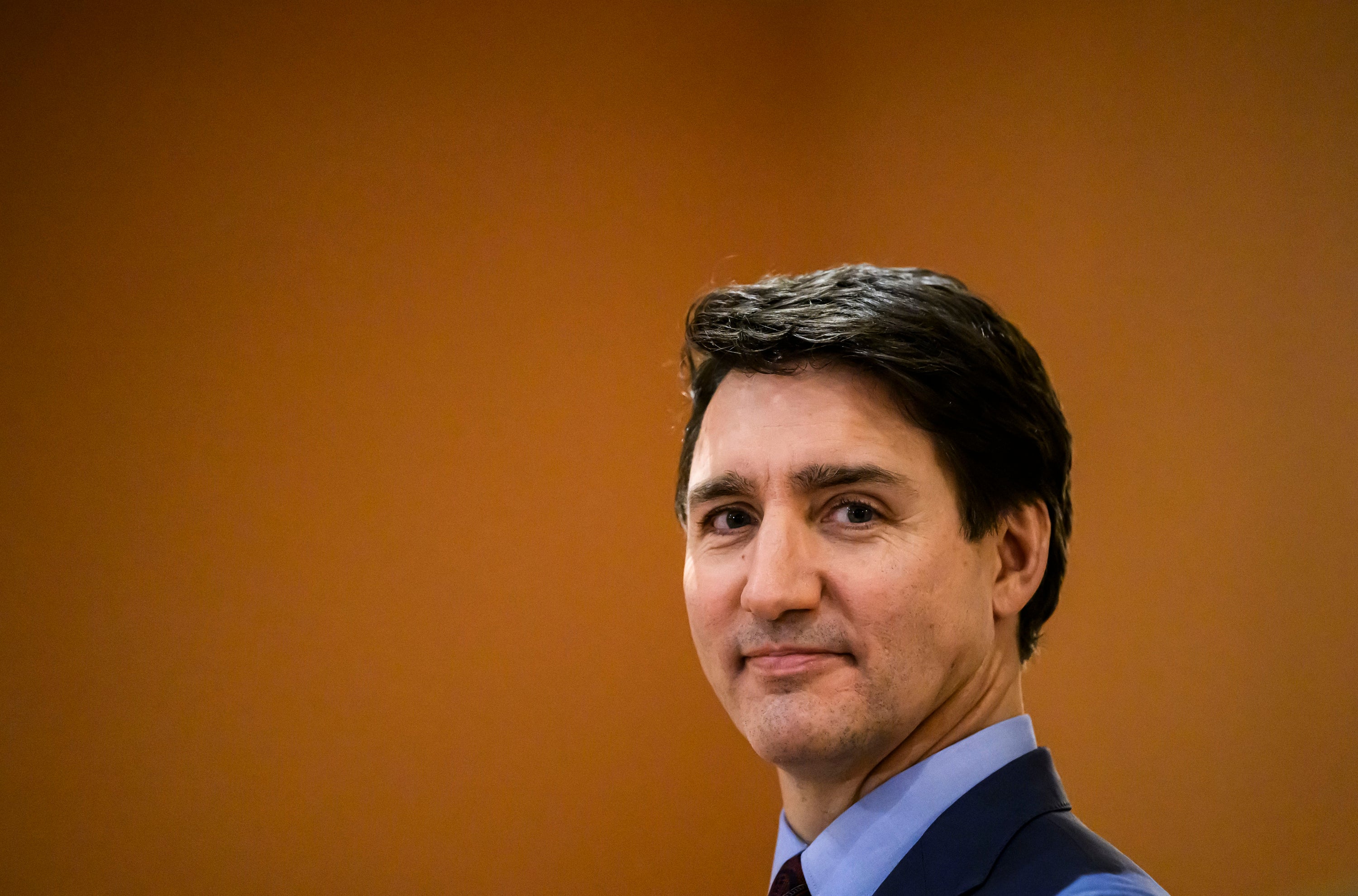The rise and fall of Justin Trudeau as Canadian prime minister is on the brink
The Canadian prime minister was once a poster boy for liberalism but he now faces the latest in a series of crises that threaten his future

Your support helps us to tell the story
From reproductive rights to climate change to Big Tech, The Independent is on the ground when the story is developing. Whether it's investigating the financials of Elon Musk's pro-Trump PAC or producing our latest documentary, 'The A Word', which shines a light on the American women fighting for reproductive rights, we know how important it is to parse out the facts from the messaging.
At such a critical moment in US history, we need reporters on the ground. Your donation allows us to keep sending journalists to speak to both sides of the story.
The Independent is trusted by Americans across the entire political spectrum. And unlike many other quality news outlets, we choose not to lock Americans out of our reporting and analysis with paywalls. We believe quality journalism should be available to everyone, paid for by those who can afford it.
Your support makes all the difference.After nearly 10 years at the country’s helm, Canadian Prime Minister Justin Trudeau is facing growing calls from his own party to resign.
Mr Trudeau’s latest crisis has been sparked by the sudden resignation of his finance minister Chrystia Freeland, amid a row over how best to handle US President-elect Donald Trump’s threatened trade tariffs.
Once the poster-boy for liberal politics, his popularity has waned and his approval rating has dipped below 30 per cent several times this year.
So what went wrong?
Rapid rise of a bright young thing
After starting his working life as a secondary school teacher, Mr Trudeau took on several educational roles in charities and for the Liberal Party before he became leader of Canada’s centre-left Liberal Party in 2013. In a federal election two years later led the party in a dramatic victory over the incumbent Conservative Party, cinching a parliamentary majority.
Just 43 at the time, Mr Trudeau became the second-youngest prime minister in Canadian history when he took office in 2015.
The son of former prime minister Pierre Trudeau, Mr Trudeau was touted as “the new young face of Canadian politics” in a profile that year by Vogue, while other news outlets labelled the new Prime Minister as “extremely hot”.
Some of his government’s major early policies included passing laws to legalise voluntary assisted dying in 2016, legalising recreational cannabis in 2018 and negotiating the Canada-United States-Mexico trade agreement in 2018. Mr Trudeau also apologised to Indigenous Canadians for the country’s history of abuse at residential schools, and welcomed thousands of refugees.
Blackface scandal

With approval ratings as high as 63 per cent, his spotless image began to falter after a blackface scandal in 2019. Videos and images resurfaced of Mr Trudeau from the early 1990s and in 2001 dressed up in black or brownface, doing significant damage to his reputation as a liberal and progressive politician.
Photos emerged of the then-29-year old dressed as Aladdin in brownface makeup for an Arabian Nights party, and the prime minister admitted to dressing up in blackface while performing the Jamaican folk song “Day-O” in high school. He also said he could not rule out more similar incidents, as he had not remembered events from some of the uncovered images.
Minority government and COVID

Mr Trudeau led the Liberal Party to a narrow election win in 2019, pushing his administration into minority government.
Less than two years later he held a snap election during a fourth wave of the COVID pandemic, betting his handling of the pandemic and high vaccination rates would deliver a stronger mandate in an election two years ahead of schedule, but he again failed to secure a parliamentary majority.
Canada’s voluntary assisted dying laws which are some of the most permissive euthanasia laws in the world started coming under more intense pressure from 2022 with advocates saying the system needed further scrutiny, as they argued a significant number of people were being euthanised when instead their pain could be alleviated with better government assistance.
Mr Trudeau has become deeply unpopular in the last few years thanks to booming immigration, soaring housing prices and inflation. More than 70 per cent of polled Canadians think the country is “broken” under his leadership.
In October this year, Mr Trudeau announced Canada would reduce permanent migration by 21 per cent in 2025 - from 500,00 migrants to 395,000 - admitting the government “didn’t get the balance quite right” with its earlier target.
Trump tariff woes

Mr Trump was quick to announce plans to slap a 25 per cent tariff on goods from Canada when he won his second term in the White House in November. The President-elect wants the threat of tariffs - which make imported products more expensive for people in the US - as a way of pressuring Canada over immigration.
At starkly opposite ends of the political spectrum, Trump and Trudeau have never seen eye-to-eye. The billionaire mockingly referred to Mr Trudeau as ”governor Justin Trudeau of the great state of Canada” following a recent dinner meeting at the president-elect’s estate Mar-a-Lago. The comments indicate it Canada could be in for a rough ride in its relations with the US if Mr Trudeau remains in power without acquiesing to Mr Trump’s demands.
On Monday, Canada’s deputy prime minister and minister of finance Chrystia Freeland resigned over the issue just hours before she was set to release the country’s latest economic plan, questioning Mr Trudeau’s ability to deal with the incoming Trump administration.
Mr Trudeau, called it one of the Liberal Party’s “toughest days”, and is now reported to be considering stepping down or ending the parliamentary session. He is expected to announce his decision on Tuesday.
Join our commenting forum
Join thought-provoking conversations, follow other Independent readers and see their replies
Comments